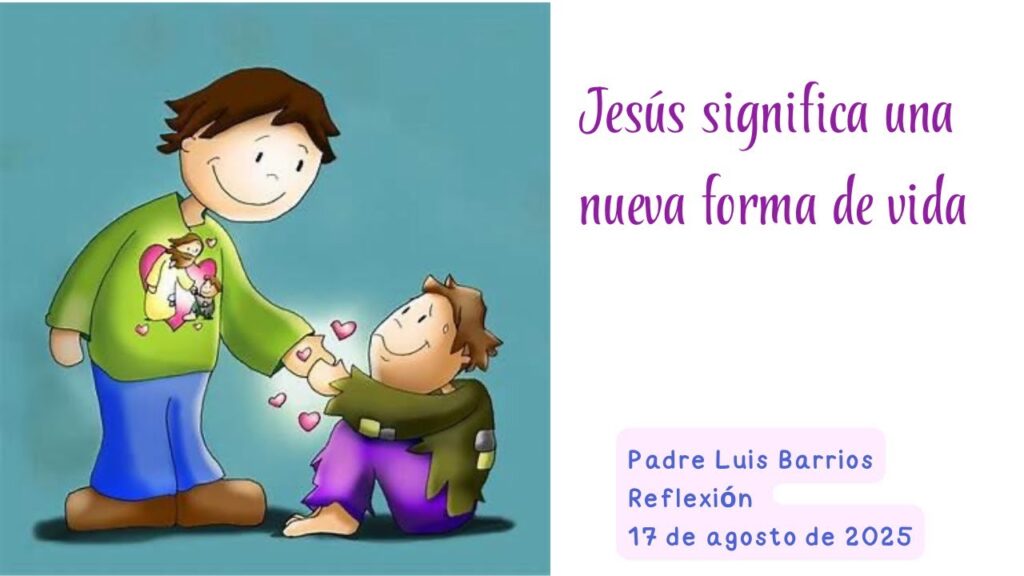Isaiah 5:1-7; Psalm 80:1-2, 8-18; Hebrews 11:29-12:2; Luke 12:49-56
Tenth Sunday after Pentecost-Proper 15- August 17, 2025
In this passage from Luke’s Gospel 12:49-56), we are at a turning point. Jesus is heading toward Jerusalem. His baptism will be His death, and it will be decision time for His people. They could accept His claims to be the promised Messiah, the Son of God, the one who fulfilled Isaiah 53 and become God’s ultimate sacrifice so that sin could be forgiven or join the religious leadership that declared Him a blasphemer. There was no middle ground. Their choice was to either join Jesus’ Kingdom-Community or remain enslaved in Satan’s tyranny. There was no middle ground then and there is no middle ground today.
There were bad things going on, but the people wanted to ignore them and put on rose-colored glasses. We also have bad things going on in our lives with crime, evil and a falling away from God. It’s easier for us to ignore it all, but God wants us to see the world as it really is and understand the seriousness of it all. We must recognize that there are serious injustices in our world and we can call them social sins.
The Jewish leaders refused to accept the fact that they were misleading God’s people, especially with the 613 rules about how people could worship God and what they could and could not do on the Jewish Sabbath. The leaders stuck to these rules and refused to ask God for forgiveness. They were warned that they would be punished one day. Jesus was rejected by the religious leaders, turned over to the Romans, and nailed to a cross. It wasn’t the anger of those who rejected Him that they needed to fear.
Jesus’ baptism of fire and crisis of decision can mean his own impeding trial and execution, or it can mean the turning point in our own lives when we are called to choose a path of discipleship that will bring with it some form of pain as well. This lesson points us toward the full fruition of God’s kingdom-community of redemption and liberation that Jesus came to accomplish-and calls us to live in hope and preparation for that time.
When Jesus speaks of bringing division, even discord, he wasn’t talking about division for its own sake. Jesus was not merely a dangerous agitator, no matter what his enemies might have alleged. He knew that the people of his day had often grounded their identity and their hopes for a meaningful unity in the wrong things. He brings division, however, to those who neither love nor want the truth. In this world, truth divides, and Jesus wanted to prepare His disciples for the rancor that would come from those who refused Christ.
We are not to settle for false peace. We are not to put up with situations where our spiritual lives are in danger. Jesus said that He came to start a fire on the earth. Fire destroys anything that is temporary and refines anything that is durable.
Jesus lamented that the people of His age had become adept at reading signs of the weather to interpret imminent weather patterns yet ignored the biblical signs of the Messiah’s coming. He called them hypocrites because they cared more for the ever-changing weather than they did about professed allegiance to the eternal God.
God speaks to people throughout Scripture, but the people had to listen, just like we have to listen today. Hearing is not the same as listening. Listening involves thinking, but in many cases this does not happen. The people in Jesus’ time had this problem, and we still have this problem today. How often do we make up our minds about someone or something without really listening to the entire story?
There needs to be some division between right and wrong, but it has to be according to Jesus’ standards, not ours. Strong actions bring divisions because the call to follow Jesus demands a complete response from us. We can’t serve both God and man.
Jesus’ proclamation is appropriate when we consider the world situation today. We only must look at the actions of U.S. President Donald Trump and our governor Jennifer to see that this is true. The world is full of hatred and division. Jesus’ work is meant to upset the oppressive systems and powerful people who cause division. He wants the change in our lives to affect the world.
Jesus invites us to enter patterns of behavior and belief that will require change, movement and motion from us. That movement will cut households and families to the core. Christ didn’t come to bring a false peace. He came to free us from sin’s tyranny.
The mission of the church is to work for social justice and social compassion for all people on the globe. This is liberation that brings salvation. It’s time to ask ourselves some questions. Has criticism of our society made us outsiders to the mainstream attitudes of those around us? Or, have we just avoided conflict by not speaking up and acting when we should? There can be no peace as long as there is injustice in the world. Jesus means adopting a new way of life, the fire of change.
Amen & Ashe.
